22 Apr 2022
Earth Day 2022: Frasers Property invests in our planet
Another year, another reason to reflect on our green actions as we commemorate Earth Day, which marks the era of a modern environmental movement on 22 April. It is a global rally to protect Mother Earth, symbolising a moment of solidarity in enhancing our ways to serve the land we live in better.
Aligned with Frasers Property’s Purpose – Inspiring experiences, creating places for good –, we recognise that as a multinational real estate player, we are in the position to drive meaningful changes through the ways we operate and conduct business, for the betterment of our environment and the communities we are in.
CHAMPIONING SUSTAINABLE INNOVATION IN REAL ESTATE
As the first and only Singapore Exchange-listed real estate company to commit to 2050 net-zero carbon spanning Scope 1, 2, and 3 emissions across the entire value chain, our sustainability vision is clear.
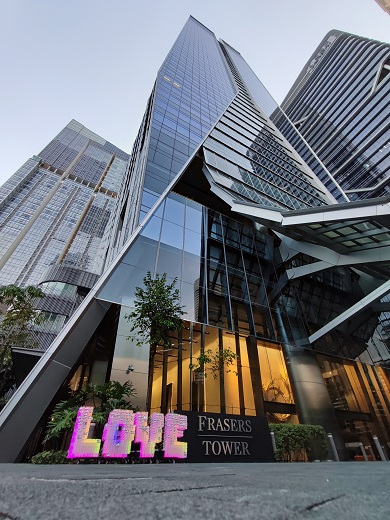
By acting progressively, consuming responsibly and focusing on the well-being of communities, we want to deliver sustainability impact across all our commercial, retail, industrial, logistics, hospitality and residential projects worldwide.
This includes partnering with our suppliers, vendors, contractors and tenants in our decarbonisation journey. Across our global portfolio, our businesses are on track to developing net-zero carbon roadmaps by 2022 using a science-based approach to targets, strategies and priorities.
TURNING TRASH INTO TREASURE
In our sixth edition of our Environment Month which marks our multi-year campaign #BuildToZero, we focused on encouraging employees to adopt upcycling initiatives across assets and geographies, as we continue to make progress on our sustainability goals.
According to the World Bank Group, the planet is expected to generate 3.4 billion tonnes of waste annually by 2050, if nothing is done about it. This is equivalent to the weight of 550 million adult elephants, a 70% increase from the annual municipal solid waste of about 2 billion tonnes. When managed poorly, waste can pollute oceans, cause flooding and transmission of diseases, and even affect economic development.
Upcycling supports a circular economy, where materials can be reused instead of turning into waste. By keeping the product in circulation for a much longer period as compared to recycling, it helps to minimise the extraction of natural resources and reduce waste, thereby resulting in lower carbon emissions.
Through upcycling, a used material is remade into a new product that is different from its original purpose. Unlike recycling, which breaks down the original products into raw materials, upcycled products are generally of a better quality and bring higher value than recycled products.
Here's a spotlight on just a few of our #TrashToTreasure initiatives across the Group:
From Waste to Concrete
Last year, our team at One Bangkok, the THB 120 billion fully-integrated district and the largest real estate development in Thailand, signed a Memorandum of Understanding with Siam Cement Group, to implement construction waste management practices according to circular economy principles. Under the partnership, a holistic waste and pollution management plan would be put in place while recycled precast concrete panels are used to clad building facades and walls within One Bangkok.
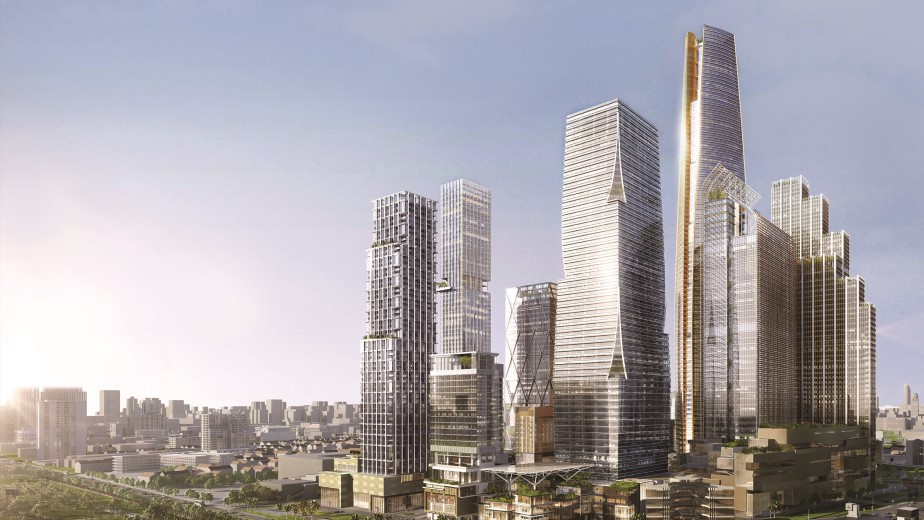
Bottles of Love & Flowers
In the first two weeks of April, visitors to Frasers Tower, our Grade A office development located in Singapore’s Central Business District, were treated to a dazzling sight of an illuminated sculpture with the letters L-O-V-E, made of 502 recycled bottles.
We had worked with Singaporean artist Lee Wei Lieh on the art installation which was roved around the city-state at over 130km. Visitors were invited to pen messages of love on the LOVE sculpture and could enjoy a specially designed Augmented Reality filter that transported the user to a virtual realm filled with love quotes and sea of hearts.
Under the Sea
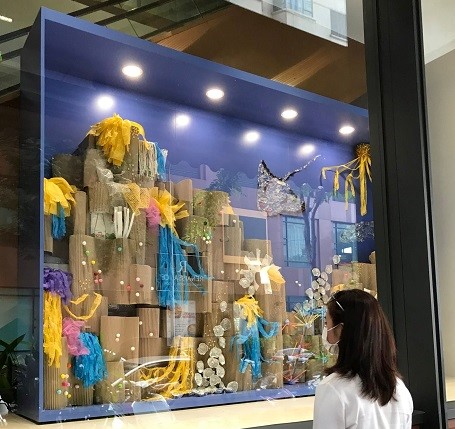
Inspired by our planet’s wonderful oceans, a marine-themed artwork was created out of used materials such as cupboard boxes, egg cartons, toilet paper rolls and plastic bottles, that were collected from our office tenants at Worc@Q2 and Melinh Point in Vietnam. The enchanting piece is now displayed at Melinh Point to offer a scenic view and conversation starter on reducing waste and protecting marine life.
From Scraps to Cardholders, Coasters & Chairs
Our Singapore team participated in workshops to upcycle remaining materials from manufacturing plants into useful products, such as creating colourful coasters from yarn and fashionable cardholders from fabric.
We also transformed High Density Poly Ethylene plastic from used plastic bottles into coasters, plaque and stools, through the processes of melting, moulding and cutting.
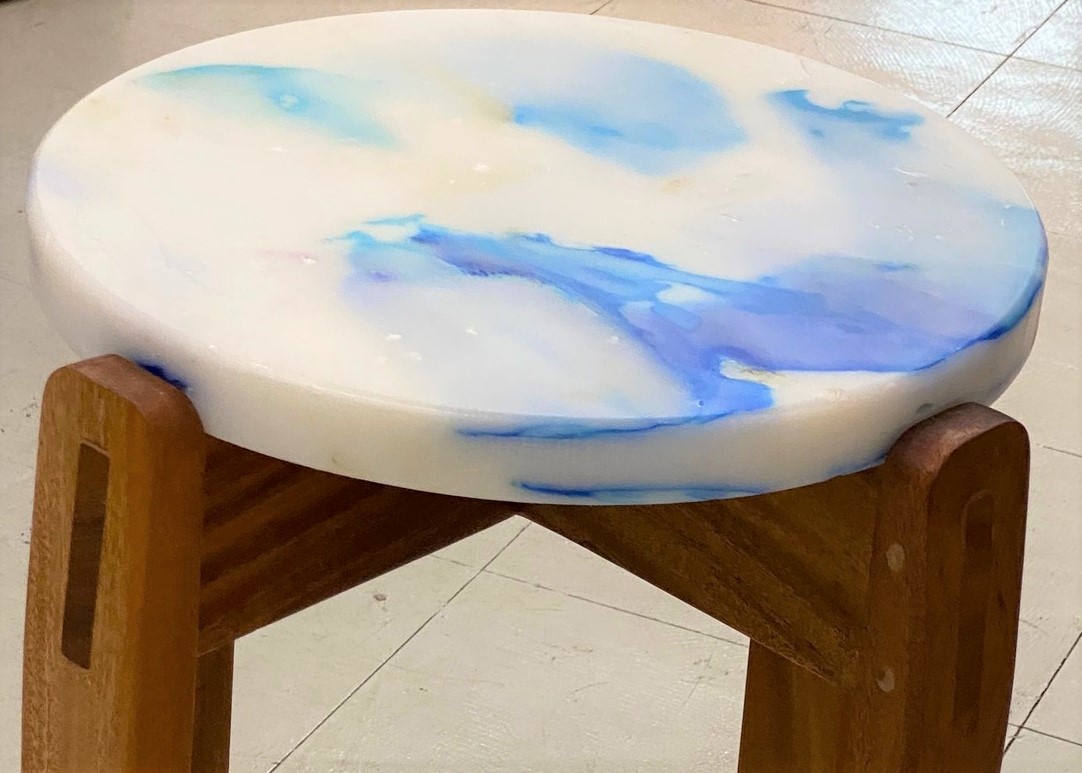
Recycling Organic Waste
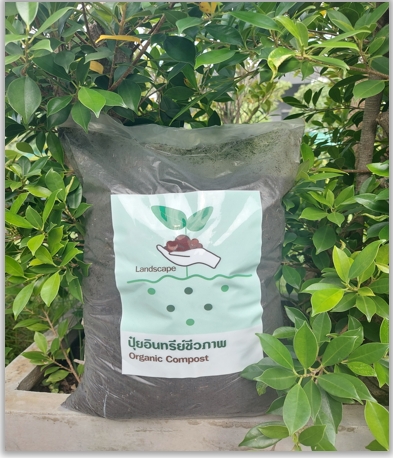
Making the most out of the landscape waste across our industrial properties, our team in Thailand drives the ‘Bio-organic Centre’ project which composts grass clippings into organic fertilisers. Of the 250 tons of grass clipping produced from lawn mowing, some are sent to farmers in the neighbourhood for the feeding of cattle and buffalos in exchange of dung, which will also be added to the fertiliser mix. The certified organic fertilisers then go back to the green spaces of our industrial properties in the country – not only do they replace the usage of chemical fertilisers, but also reduce the amount of waste, carbon emissions and pollution from grass burning.
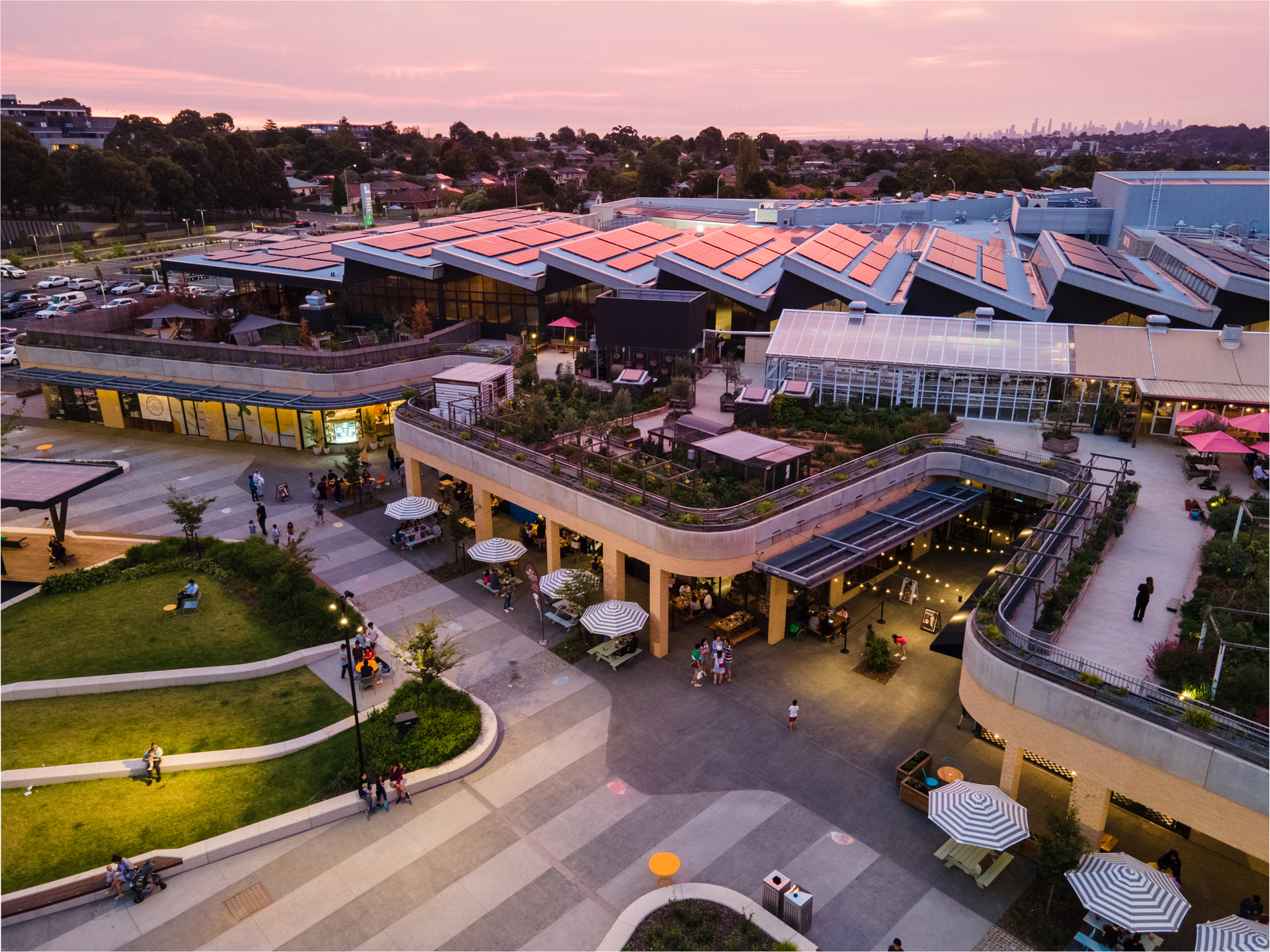
As an Australia-first initiative, we also partnered with Eco Guardians, a leading environmental solutions company, to enable our residents at Burwood Brickworks to turn their organic waste into soil additive for the community’s gardens. The SoilFood™ system processes our residents’ food waste, reducing its volume by 80% after shredding, heating, dehydrating and deodorising. In its first four months of operation, more than 1.1 tonnes of food waste were processed, creating more than 227 kilograms of SoilFood™ and 911 litres of water, and saving over 2.3 tonnes of greenhouse gas emissions from the landfill.
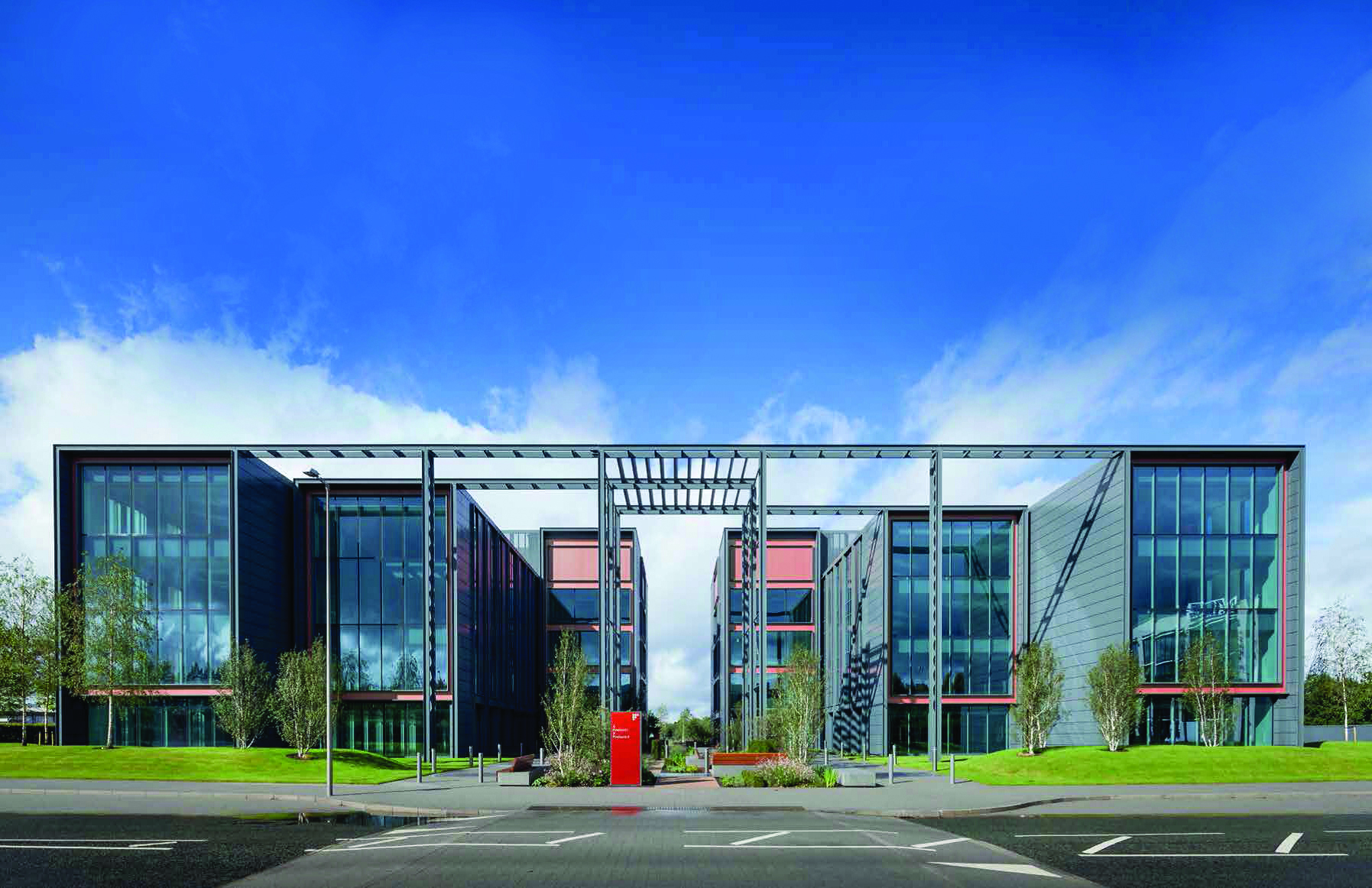
In the UK, we also implemented a large organic composter for use by all occupiers at Farnborough Business Park.
Making Carpets out of Plastic
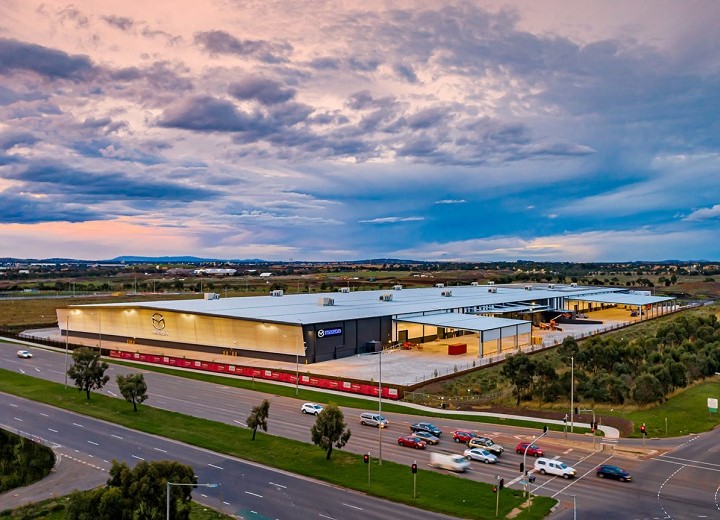
Did you know the carpets in our industrial developments in Australia help keep plastic out of landfill and oceans? By using carpet tiles upcycled from plastic, we have helped to save over 3.9 million plastic bottles! Each square metre of this carpet contains an equivalent of 50 PET (polyethylene terephthalate) bottles of 550ml, and the carpet in our latest Mazda warehouse at our industrial property in Victoria has recycled about 65,000 bottles.
FORGING A MORE SUSTAINABLE FUTURE
Each action brings us closer to our decarbonisation vision by 2050. We will keep striving to protect and invest in our planet’s health, to achieve a greener future.
